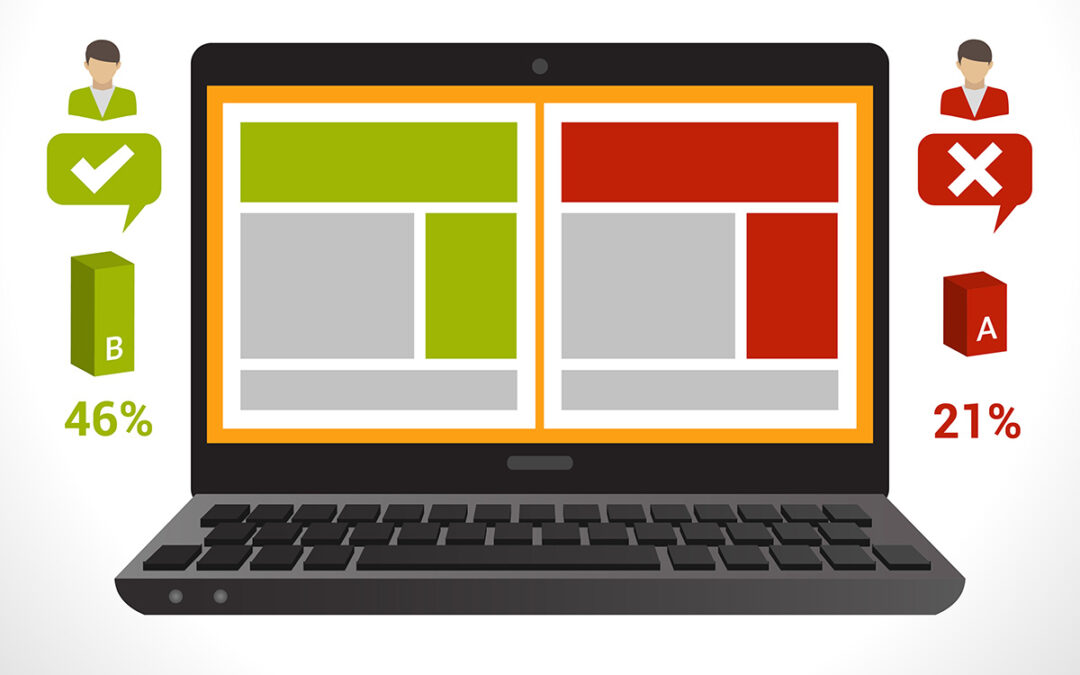You’ve decided that your small business or startup needs a website- that’s exciting! You immediately start looking up the availability of a catchy domain name that is easy to remember and reflects your business perfectly. After a number of searches and revisions, you land on the perfect one. It’s not terribly expensive for the first year, even better! You add it to your cart, go to check out, and the website you are buying from asks if you’d like to purchase a hosting plan to go along with it. Do you?
It depends on who you are purchasing from. There are a lot of options when it comes to web hosting. You can go with a budget host, or you can invest in a premium host. What is the best option for your business? In this article, we will discuss what budget hosting is, the costs associated with it, and why premium hosting is often the better option.
What is a hosting plan?
Hosting plans are the slightly less visible half of starting your website. Most people know you will need a web address or domain, which can be leased on a yearly basis from a variety of registrars. However, in order to work, that web address needs to be pointed to a set of files that are accessible online. Most business owners choose to lease that file space from a hosting company on a monthly or yearly basis.
How much does it cost?
This depends a lot on what type of hosting will suit your needs. Budget and shared hosting plans can cost as little as a few dollars per month, dedicated hosting can be in the hundreds per month depending on resources required, while managed, cloud, and VPS hosting are usually somewhere in between. Most small business sites don’t require the resources of a dedicated host, but investing in a quality managed, cloud, or VPS host can be an asset.
Why would I spend a lot of money when I could just get a budget plan?
While the low-cost hosting options can be tempting, there are some drawbacks to using a budget hosting plan. Budget hosting plans often have lower quality equipment and infrastructure. This can lead to slower speeds and more downtime. They also often have fewer included features and resources than more expensive plans, which can limit your ability to grow your website or add new features. The limited performance and storage of a budget host can ultimately impact both user experience and SEO for the worse.
When setting up a new website for your business, premium hosting is almost always the best option if it’s within your budget. A quality host can help ensure a professional and positive experience for your users.
Now that you have more information about starting your website, don’t try to go it alone. I help set up and build websites so business owners can get back to what they do best – running their business.




